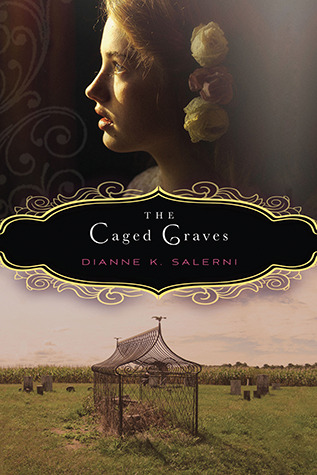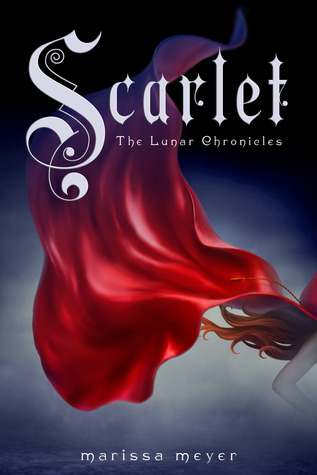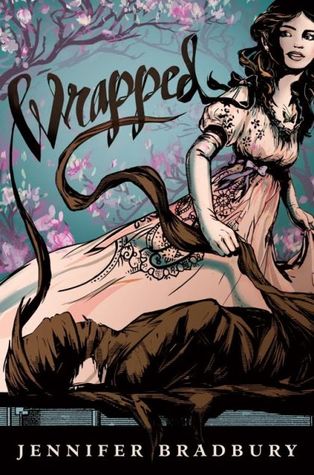 I thought this book was charming--not least because I identified with the main character, Sierra Shephard, an honor roll student who has never been in trouble in school in her life (and who probably goes out of her way to make sure teachers like her). Luckily for Sierra (and for us), her life takes a dramatic turn when she accidentally brings her mother's lunch to school, including the paring knife her mother brought. Problem is, Sierra's school has a zero tolerance policy for weapons, which means automatic expulsion. Sierra tries to do the right thing, by turning in the knife the instant she notices it. But even this well-meaning act lands her in in-school suspension. Unfortunately, Sierra's big-time-lawyer father makes things even worse by trying to force the principal to back down by bringing the event to the notice of local and national media. The harder he pushes, the more the principal is forced to take a stand on his own policy, even when Sierra is the innocent victim of the policy.
I thought this book was charming--not least because I identified with the main character, Sierra Shephard, an honor roll student who has never been in trouble in school in her life (and who probably goes out of her way to make sure teachers like her). Luckily for Sierra (and for us), her life takes a dramatic turn when she accidentally brings her mother's lunch to school, including the paring knife her mother brought. Problem is, Sierra's school has a zero tolerance policy for weapons, which means automatic expulsion. Sierra tries to do the right thing, by turning in the knife the instant she notices it. But even this well-meaning act lands her in in-school suspension. Unfortunately, Sierra's big-time-lawyer father makes things even worse by trying to force the principal to back down by bringing the event to the notice of local and national media. The harder he pushes, the more the principal is forced to take a stand on his own policy, even when Sierra is the innocent victim of the policy.While Sierra waits for the outcome of her hearing, she worries about the things she's missing in class. And she worries about not being able to spend more time with Colin, her current crush. And she worries about the people she has to spend time with in suspension, including Luke, a boy she's never had much use for. But as the story unfolds, Sierra begins to learn surprising things about her friends, herself, her parents, and even people as unpromising as Luke.
The story was well-told, and Sierra's agony was so perfectly presented that I almost felt like I was back in middle school again. (Almost, but not quite, thankfully).







